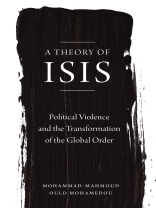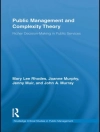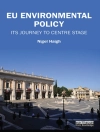The Islamic State of Iraq and Syria has been the subject of intense scrutiny in the West. Considered by many to be the most dangerous terrorist organisation in the world, it has become shrouded in numerous myths and narratives, many emanating from the US, which often fail to grasp its true nature.
Against these narratives, Mohammad-Mahmoud Ould Mohamedou presents a bold new theory of ISIS. By tracing its genealogy and documenting its evolution in Iraq and Syria, he argues that ISIS has transcended Osama Bin Laden’s original project of Al Qaeda, mutating into an unprecedented hybrid form that distils postcolonial violence, postmodernity and the emerging post-globalisation international order.
This book analyses ISIS from a social sciences perspective and unpacks its dynamics by looking beyond superficial questions such as its terrorist nature and religious rhetoric. It transforms our understanding of ISIS and its profound impact on the very nature of contemporary political violence.
Inhaltsverzeichnis
List of Figures
List of Tables
List of Abbreviations
Acknowledgements
Introduction: The Islamic State and Political Violence in the Early Twenty-First Century
1. Al Qaeda’s Matrix
2. Apocalypse Iraq
3. From Qaedat al Jihad to Al Dawla al Islamiya
4. Modernity and the Globalised Insurgent
Conclusion: Colonialism Boomerang
Glossary
Chronology
Notes
Index
Über den Autor
Mohammad-Mahmoud Ould Mohamedou is the author of A Theory of ISIS and Understanding Al Qaeda. His writing brought a fresh approach to the studies of extremism, conflict, political violence and peace-building. He was a committed pan-Africanist and pan-Arabist. He worked as Professor of International History at the Graduate Institute of International and Development Studies in Geneva, and served as Mauritia’s youngest foreign minister in 2008.












